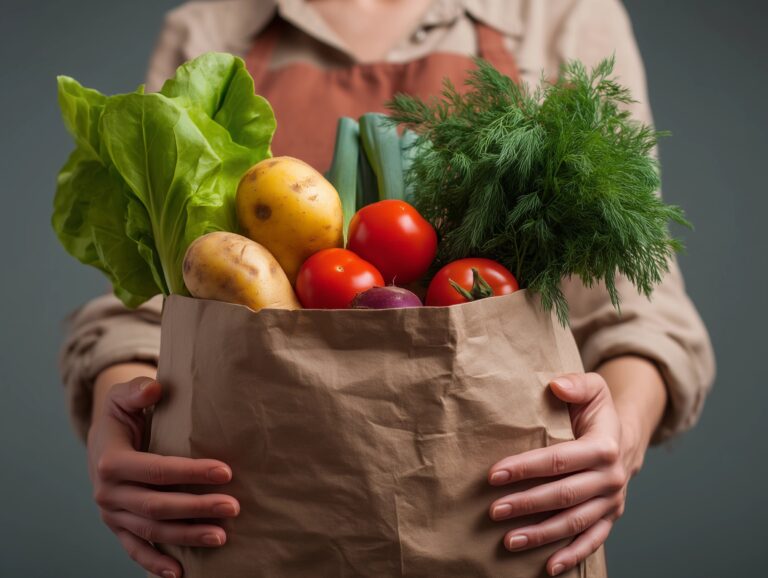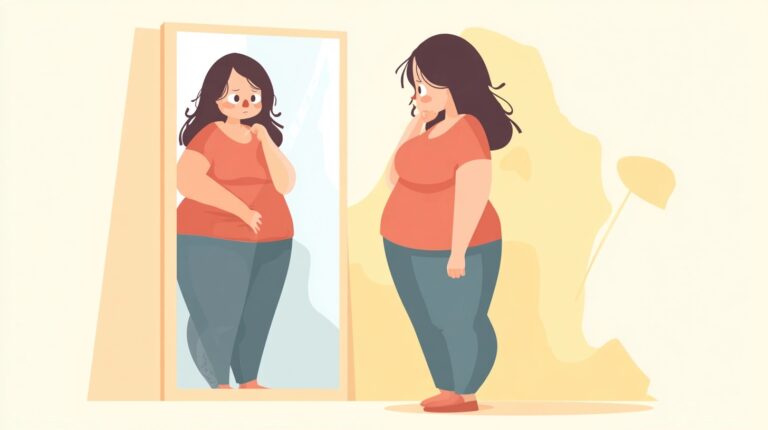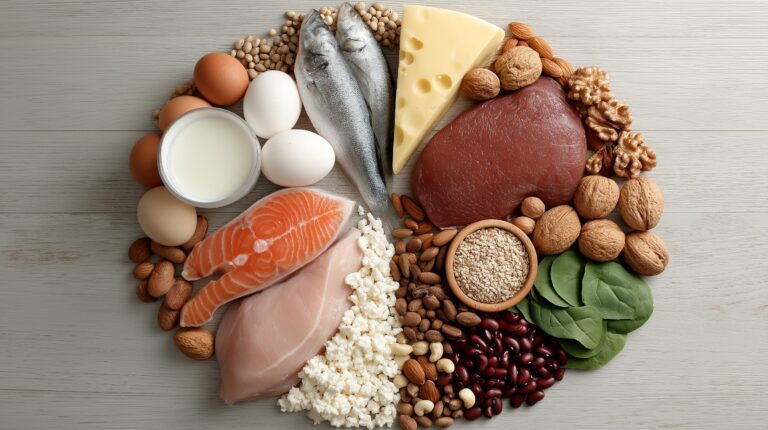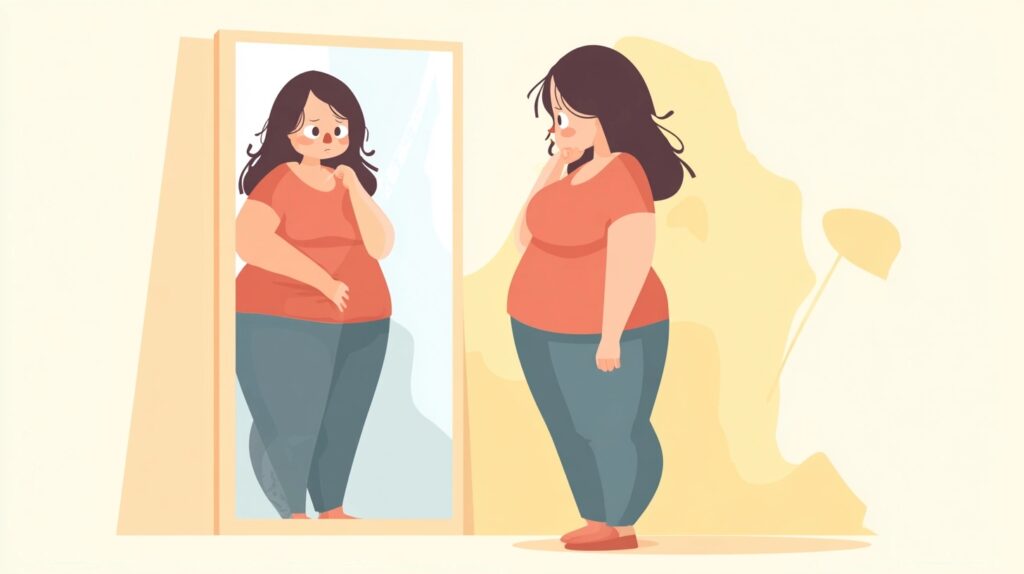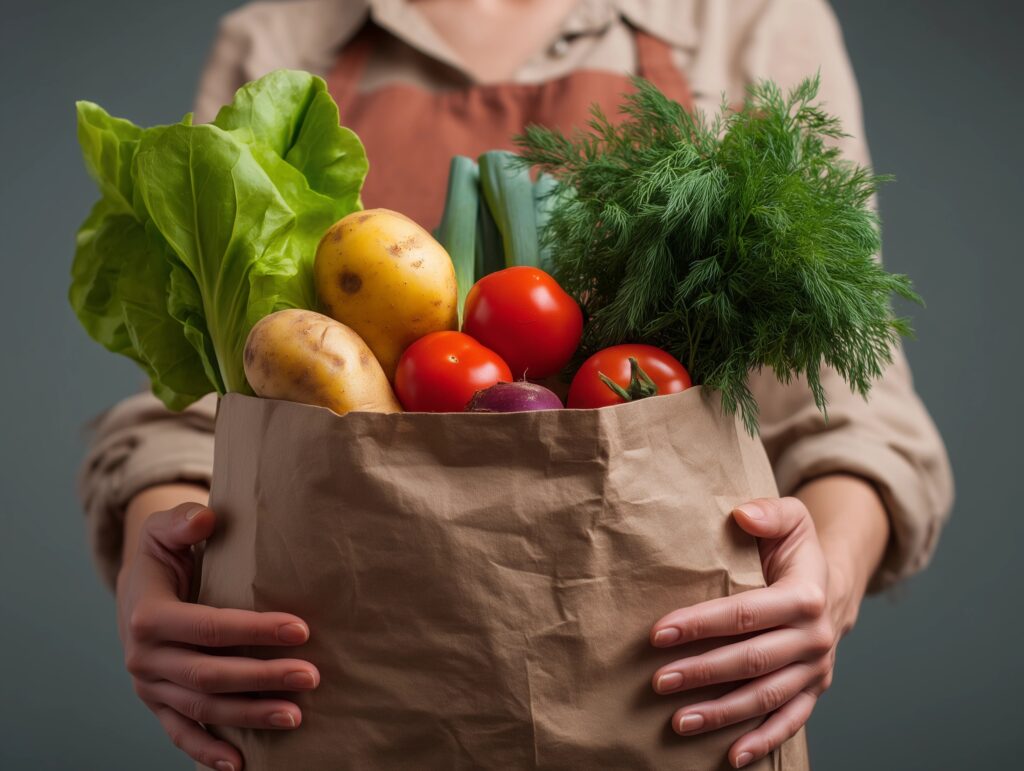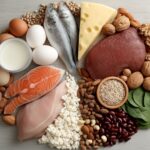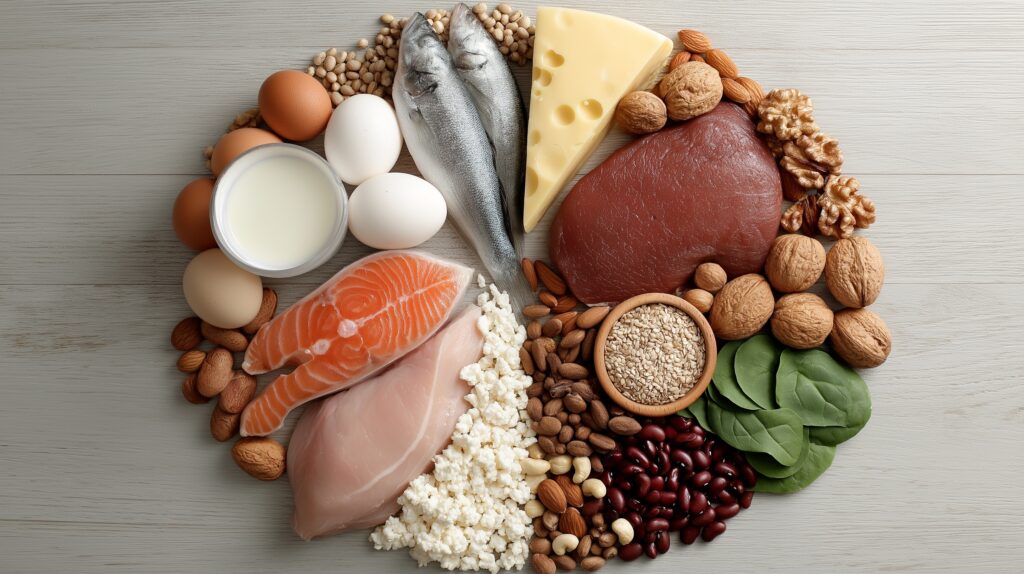Do you ever feel like there's a constant stream of chatter in your head about food? "I shouldn't eat that cookie, it's too many calories." "I was so bad at lunch, I need to skip dinner." If these kinds of thoughts sound familiar, you may be experiencing what's known as “food noise”. In this article, we will explore its peculiarities and strategic ways to deal with it.What is Food Noise?Food noise or Food Related Intrusive Thoughts (FRITs) could be defined as the constant mental dialogue you might have around food, eating, and your body. It's the voice in your head that comments on your food choices, judges your eating habits, and criticizes your appearance.1,2The internal chatter caused by food noise is often negative, anxiety-provoking, and distracting. It could stem from external messages you may have internalised over time—from diet culture, media, family, and friends—and turns to often manifests as:1,2Repetitive thoughts about what to eat next, even immediately after finishing a mealContinuous mental calculations about calories, portions, or "food rules"Persistent worry about making the "right" food choicesIntrusive thoughts about weight, body image, and eating behaviorsHow Do GLP-1 Medications Affect Food Noise?The conversation around food noise has intensified with the widespread use of GLP-1 agonists. Research indicates that these medications seems not only to affect physical hunger signals but may also influence neural pathways involved in food-related thought patterns and reward systems.2Key findings about GLP-1 medications and food noise include:2Some patients report changes in how they think about and experience foodThe medication may affect food …


Actually Healthy
Polycystic Ovary Syndrome (PCOS) is a common hormonal disorder affecting an estimated 8 to 13% of women of reproductive age. It may lead to a range of symptoms, including irregular periods, excess hair growth, acne, and difficulty getting pregnant.1One of the most frustrating aspects of PCOS symptoms for many women is its link to weight gain, particularly around the midsection, often referred to as the "PCOS belly." This comprehensive guide will delve into the connection between PCOS and weight gain, explore the science behind it, and provide practical strategies for managing your weight and overall well-being.What is PCOS and How Does it Affect Your Weight?PCOS is a condition that stems from an imbalance of reproductive hormones. This imbalance might lead to irregular or absent ovulation, the development of cysts on the ovaries, and an increase in androgens (male hormones).These hormonal shifts may contribute to various PCOS signs, with weight gain being a significant concern for many women. Additionally, PCOS can lead to energy crashes after meals, sugar cravings, mood swings, poor sleep, low motivation, and reduced body confidence.Key hormonal factors influencing weight gain in PCOSHormonal factors influencing weight gain in PCOS may primarily involve hormonal imbalances, especially insulin and androgens.2 Here’s how:1- Insulin Resistance and Weight GainInsulin is a hormone that helps your body use sugar (glucose) for energy. In PCOS, many women develop insulin resistance, meaning their cells don't respond properly to insulin. This forces the body to produce more insulin, which might lead to:Increased fat storage: Excess insulin promotes fat …
Are you trying to lose weight but struggling to feel full and satisfied while cutting calories? Consuming enough protein might be the answer to your needs!1 The good news is, there are plenty of delicious high-protein, low-calorie foods to choose from, many of which are staples in the Australian diet.4In this article, we'll explore some of the best options to include in your weight loss meal plan. We'll look at protein content, calories, and easy ways to incorporate these nutritious foods into your diet. Let's dive in!What Are High Protein, Low Calorie Foods?High protein, low calorie foods are nutrient-dense foods that provide a significant amount of protein per serving while being relatively low in calories. Some of the potential mechanisms through which high-protein diets contribute to weight loss include:1Enhancing satiety: Diets rich in protein may increase the production of hormones like GIP and GLP-1, which help you feel fuller for longer.Reducing hunger signals: Higher protein intake is likely to suppress ghrelin, a hormone that triggers hunger, thus reducing appetite.Increasing calorie burn: Protein seems to have a higher thermic effect, meaning the body expends more energy to digest it compared to fats and carbohydrates.Improving glucose regulation: Protein may significantly influence gluconeogenesis, the process by which the body produces glucose from non-carbohydrate sources, helping in better blood sugar management.While high-protein diets might offer numerous benefits for weight loss, they also present potential challenges, particularly to kidney health. The increased acid load from a high protein intake could strain your kidneys, especially if …
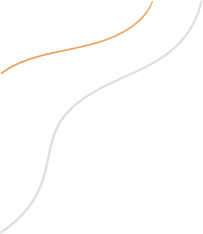


Latest posts & news

Polycystic Ovary Syndrome (PCOS) is a common hormonal disorder affecting an estimated 8 to 13% …
Do you ever feel like there's a constant stream of chatter in your head about …
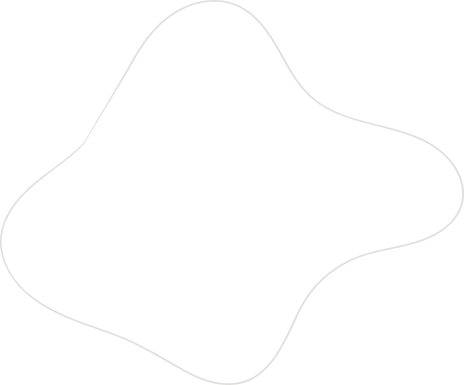
Related posts

Trying to lose weight but not sure how many calories you need? …


Are you trying to lose weight but struggling to feel full and …
Do you ever feel like there's a constant stream of chatter in …
Polycystic Ovary Syndrome (PCOS) is a common hormonal disorder affecting an estimated …
Are you trying to lose weight but struggling to feel full and …


